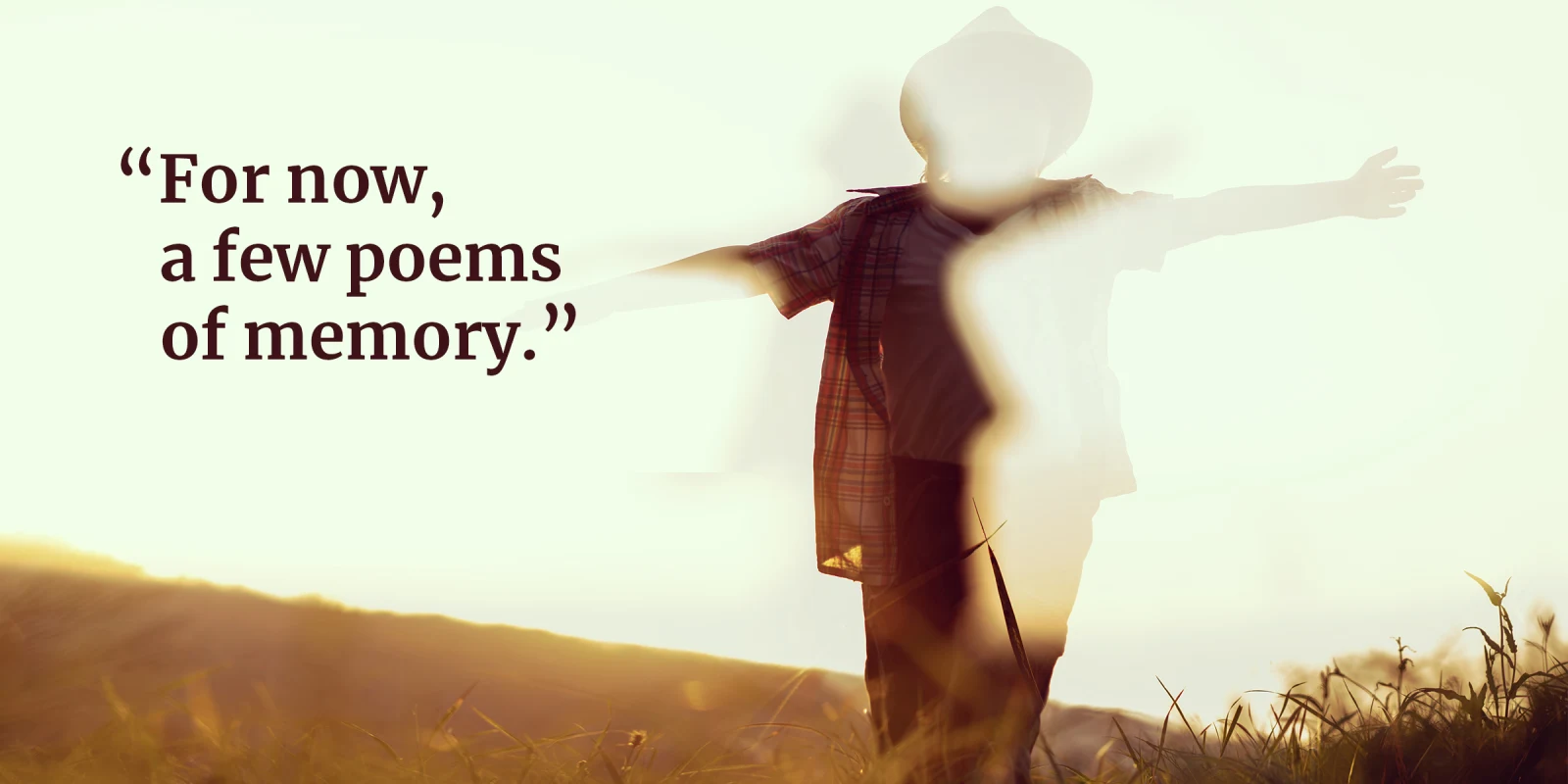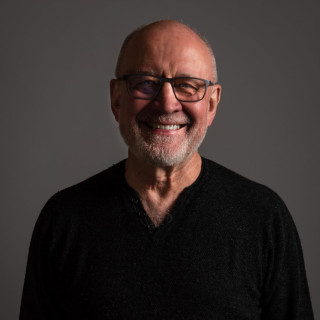This is part of the Medical Humanities series on Op-Med, which showcases creative work by Doximity members. Do you have a creative work related to your medical practice that you’d like to share? Send it to us here.
Without an end
there is no beginning.
Without an autumn
there is no spring.
Without evening dusk
there is no morning light —
Our harvest songs
are poems
of joy.
Judy wanted a celebration
for her funeral —
a black-tie party
with friends, family
drinking, and singing —
a Methodist version
of an Irish wake.
Now we shelter in place,
months flow into months;
weddings are moved
farther and farther away —
but her funeral,
our time to grieve
with joy
and hold each other
with love,
won’t move.
Grief like love
is best shared
in the moment
For now, a few poems
of memory,
a few prayers
of peace,
and an evening toast
with good booze
to Judy smiling
in heaven
will suffice.
What was your inspiration? Did other creative works, if any, influence your creation of this piece?
These are strange times. We sheltered in place for two months, which created some time for contemplation and writing. My sister Judy died from amyotrophic lateral sclerosis during this time, and we couldn't go to her before she passed.
How does this submission relate to your medical practice?
As a physician, you end up with dual roles as physician and — in this case — brother. This makes it difficult to be emotionally supportive and not let your medical knowledge speak to you and others. You often know more than others how the story ends.
Why did you choose this medium? What interests you about it?
I have always written and published poetry. Poetry expresses emotions and images that prose cannot.
How long have you been doing this activity? What got you started?
I have written poems since high school. My two main personal mentors were Denise Levertov, my neighbor in Seattle, and Sam Hamill, my good friend from Port Townsend. I have always been attracted to Shanshui poetry and Japanese haiku. I am a busy surgeon so, except for this exceptional time, I scribble notes when I feel a poem come on and work on it later.
Is there anything else you'd like to tell us about your involvement in or views on arts in medicine?
I now work in aesthetic medicine and facial plastic surgery. No matter how much quantitative analysis one does, in the end, it is the "aesthetic sense" that creates a good outcome. Studying great art in its many forms, I believe, helps develop that sense.
Wayne Larrabee is a facial plastic surgeon who performs aesthetic and reconstructive surgery. Aging face surgery — facelift and blepharoplasty — and rhinoplasty make up the majority of his surgical practice. Wayne also publishes and lectures on advanced nonsurgical rejuvenation. He and his team provide these services at the Larrabee Aesthetic Center. The Larrabee Center team is also committed to providing reconstructive surgery to victims of domestic violence and children with facial deformities from less-developed countries through the nonprofit, Global Surgical Outreach.







